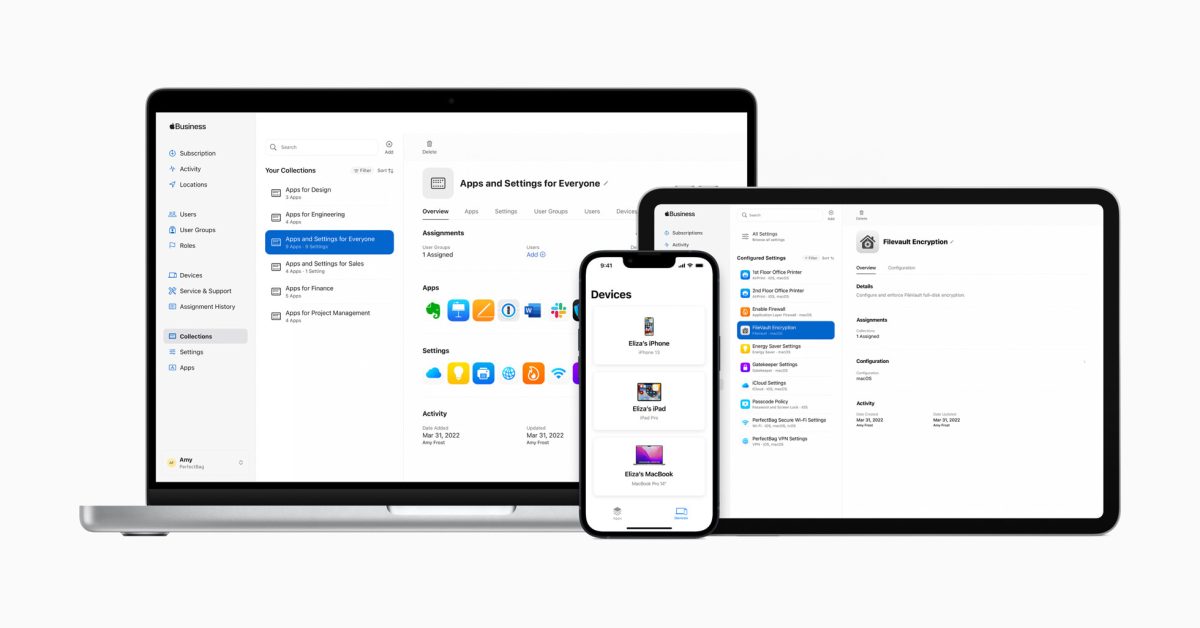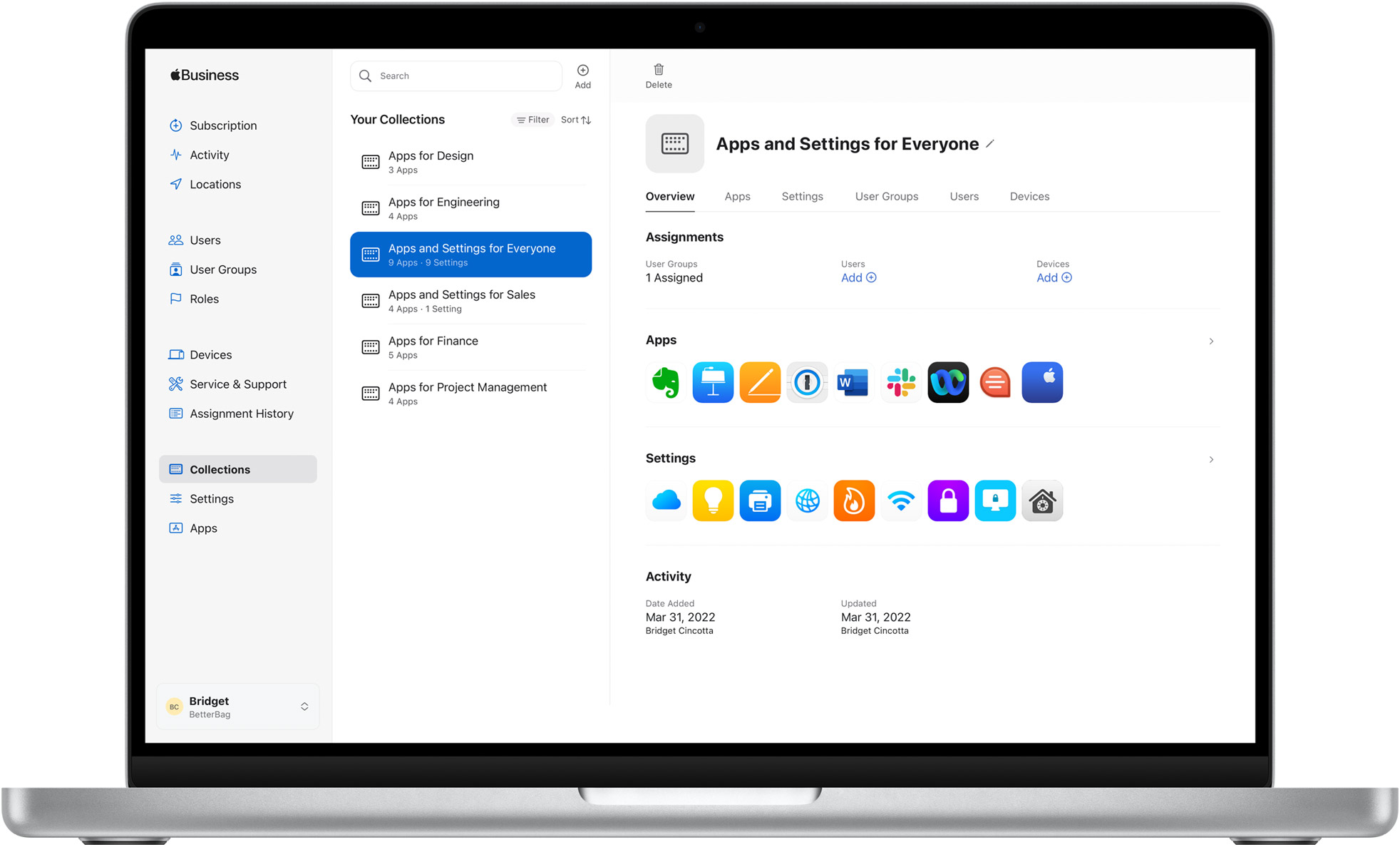Apple @ Work: Apple is building a feature to install non-App Store apps on macOS; here’s what it shows about Apple’s intentions with Apple Business Essentials

Apple @ Work is brought to you by Mosyle, the only Apple Unified Platform. Mosyle is the only solution that fully integrates 5 different applications on a single Apple-only platform, allowing Businesses and Schools to easily and automatically deploy, manage & protect all their Apple devices . Over 32,000 organizations leverage Mosyle solutions to automate the deployment, management and security of millions of Apple devices daily. Request a FREE account today and discover how you can put your Apple fleet on auto-pilot at a price point that is hard to believe.
When Apple Business Essentials was released to public, I was curious if there was anything new in comparison with the beta. Apple has added the ability to download apps from their website, and not the Mac App Store. Apple stated that this feature was an important addition to beta and will be available later in the summer.
About Apple @ Work: Bradley Chambers managed an enterprise IT network from 2009 to 2021. Through his experience deploying and managing firewalls, switches, a mobile device management system, enterprise-grade Wi-Fi, 100s of Macs, and 100s of iPads, Bradley will highlight ways in which Apple IT managers deploy Apple devices, build networks to support them, train users, stories from the trenches of IT management, and ways Apple could improve its products for IT departments.
When it comes to iPad and iPhone management, app installation is tied to the App Store. Although you have the ability to install customized apps, there is no way for iOS users to sideload apps. Apple administrators are increasingly using Mac device management to install applications that are not in the Mac App Store. Let’s be frank, most of your critical applications on macOS are not in the Mac App Store. Even when there is a version in the Mac App Store, many admins would prefer to use the direct version from the manufacturer for faster updates and more control. Apps like Zoom, Microsoft Office, Slack, Adobe Creative Cloud, and others are common applications that enterprise Apple users have that IT needs to install, update, and manage.
Many MDM providers now offer non-AppStore app management for macOS. However, it was absent from Apple Business Essentials’ MDM. Built on top of FleetSmith, Apple Business Essentials can easily manage up to 500 devices. FleetSmith was known for this feature (even though it was removed when Apple acquired it), so it was strange that it was missing from ABE in the beta period. Customers asked, and Apple has agreed that it’s an important feature. It’s coming to Apple Business Essentials later this summer.
What’s the significance of Apple endorsing non-App Store apps?

Apple is against sideloading on iOS and seems to be in continuous court battles with various countries regarding it. Non-App Store Apps were the only method to download apps on the Mac for many decades. Customers need this feature, as many apps cannot work with App Store Sandbox rules.
Apple building a first-party way for small businesses to install critical applications is essential to the main enemy: unmanaged Macs at work. This is the main takeaway from Apple’s non-App Store first-party installation solution. Apple wants to give more reasons for Macs to be managed at work. The more functionality is built into Apple Business Essentials, the more small businesses they can convince to onboard their entire fleet (even if it is only a few Macs). Other MDM vendors such as Kandji and Mosyle can benefit from this intention. Like I said, the competitor for Apple is unmanaged Macs in the workplace
Source: 9to5mac.com